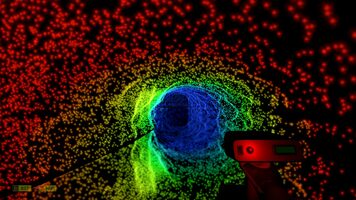
The dark triad traits have significant theoretical and empirical overlap.

Agreeableness and the dark triad show correlated change over development. Ī factor analysis found that among the big five personality traits, low agreeableness is the strongest correlate of the dark triad, while neuroticism and a lack of conscientiousness were associated with some of the dark triad members.

They are associated with a callous-manipulative interpersonal style. Īll three dark triad traits are conceptually distinct although empirical evidence shows them to be overlapping. They also tend to be less compassionate, agreeable, empathetic, satisfied with their lives, and less likely to believe they and others are good. People scoring high on these traits are more likely to commit crimes, cause social distress, and create severe problems for organizations, especially if they are in leadership positions. Research on the dark triad is used in applied psychology, especially within the fields of law enforcement, clinical psychology, and business management. They are called dark because of their malevolent qualities.

In psychology, the dark triad comprises the personality traits of narcissism, Machiavellianism, and psychopathy. The Dark Triad, three antisocial personality traits: narcissism, machiavellianism, and psychopathy


 0 kommentar(er)
0 kommentar(er)
